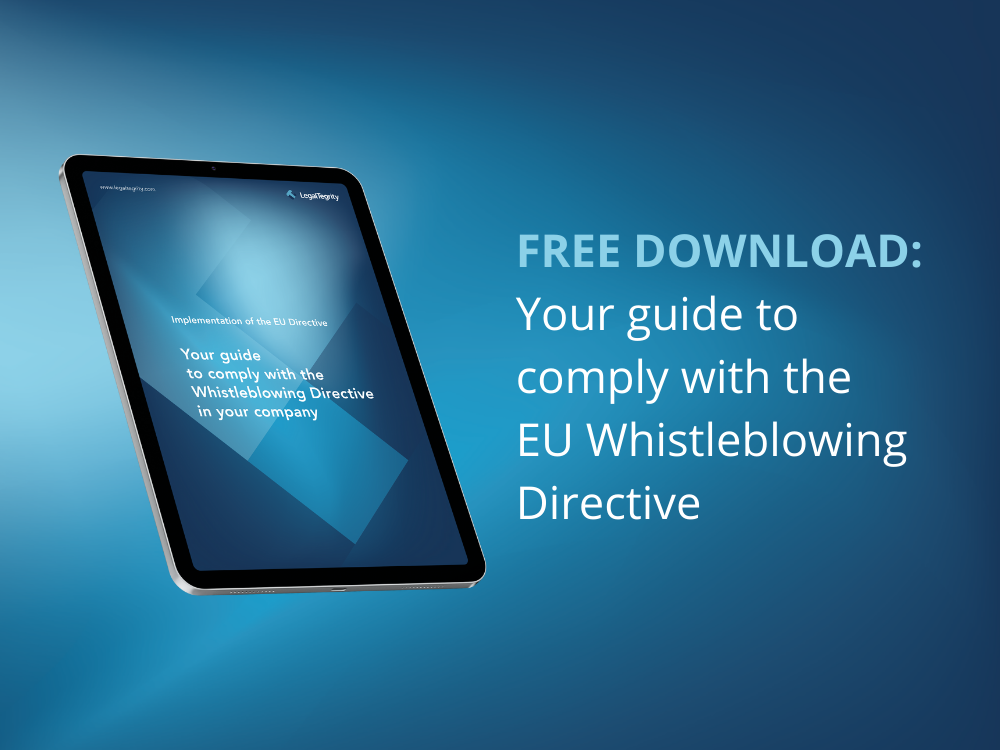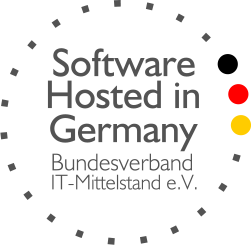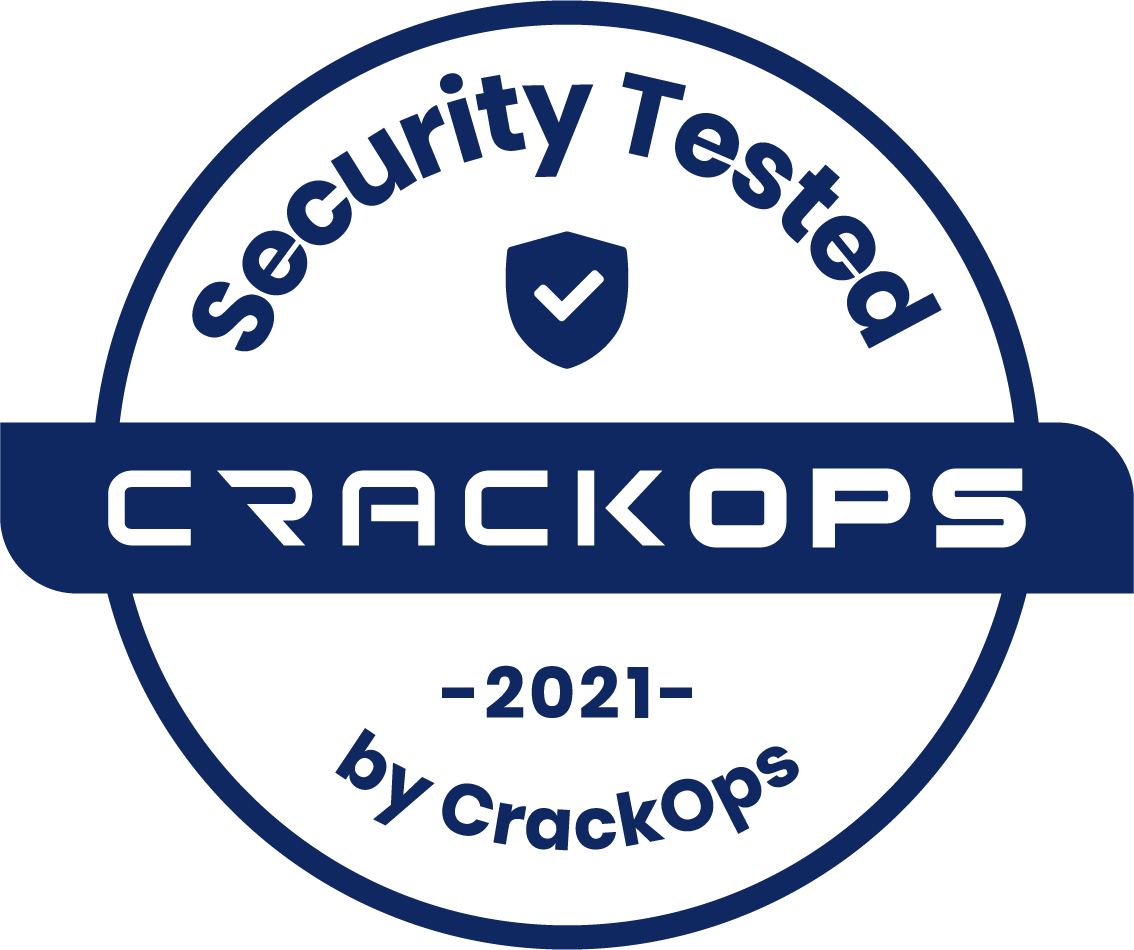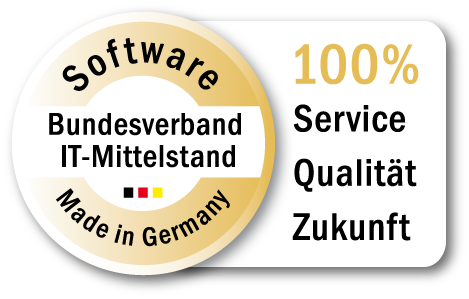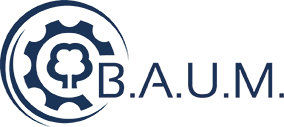The EU Whistleblowing Directive: A brief summary
In the first three parts of our Whistleblowing Basics series, we discussed the term whistleblower and whistleblowing system, as well as the specifics of the digital whistleblowing system. There we mentioned the most important legal impetus for whistleblower protection: the EU Whistleblowing Directive. But what exactly does the Directive say? In the following, we will briefly summarise the requirements of the Directive for you.
What are the Directive's requirements of companies?
The EU Whistleblowing Directive obliges companies to introduce a whistleblowing system. This internal reporting channel serves to receive information about possible wrongdoings or violations of law that affect the company. Although enabling anonymous reporting is not required by the Directive, it is a clear implementation recommendation from practical experience. The anonymity of the whistleblower should then be preserved throughout the entire process. If the whistleblower decides to reveal his or her identity, confidential processing must be assured.
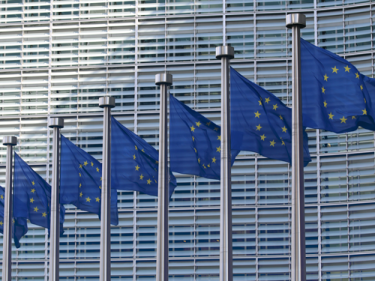
In addition, the Directive requires a procedure for processing the report and for managing follow-up measures. We will dive deeper into the handling of a report and its procedure later, so we will only briefly summarise the process here: Within 7 days, the person in charge (an impartial person in your company or an external person responsible for handling reports in the company) is obliged to confirm the receipt of the report to the whistleblower. The Directive further requires that the whistleblower has to be informed about the follow-up measures taken after three months at the latest.
Who is protected?
The EU Whistleblower Directive protects all natural persons who want to report violations of law or other wrongdoing. Such persons are called whistleblowers. The Directive protects all whistleblowers who have received their information or observation in a professional context and report it through the internal reporting channel. If the company does not offer an internal whistleblowing system, the reporting person is likely to go public with his or her report without penalty. More details on the concept of a whistleblower can be found in the first part of our Whistleblowing Basics series “What is a whistleblower?”.
Which companies are affected by the regulations of the EU Whistleblowing Directive?
Are there further implementation deadlines for municipalities or small businesses?
The public sector is directly affected: All municipalities, public authorities and public organisations are obliged to have internal whistleblowing systems that must fulfil the requirements of the Directive. Important: this applies equally to municipalities < 10,000 inhabitants and government agencies that have fewer than 50 employees.
For private companies, action is required from a size of 50 employees. For the smaller ones, between 50 and 249 employees, an extended implementation period until 2023 is expected.
When will the German Whistleblowing Protection Act be introduced and what does it mean for companies?
The German legislator missed the deadline for tranlsation into national law. But there is no question that the Whistleblower Protection Act will come. Implementation is expected in the first half of 2022. For private companies, the validity of the Directive and the lack of national law has created a dangerous legal uncertainty. For example, there is a danger that labour courts will interpret general clauses in conformity with or in line with the Directive in an emergency. Every company is therefore well advised to deal with the implementation of this new compliance requirement:
- Do existing whistleblowing systems in your company meet the requirements of the Directive?
- Which system is suitable for your company if you do not have one yet?
It is worth acting now, because the EU Commission explicitly provides for penalties for organisations that do not introduce a whistleblowing system. You can find an overview of the current status of implementation in our article “The latest news on the Whistleblowing Directive”. If you want to learn more about whistleblowing, please visit our Know-How page.
You are already thinking about how to implement a whistleblowing system in your company? Then download “Your guide to comply with the Whistleblowing Directive in your company“. Or contact one of our experts for a personal consultation.



